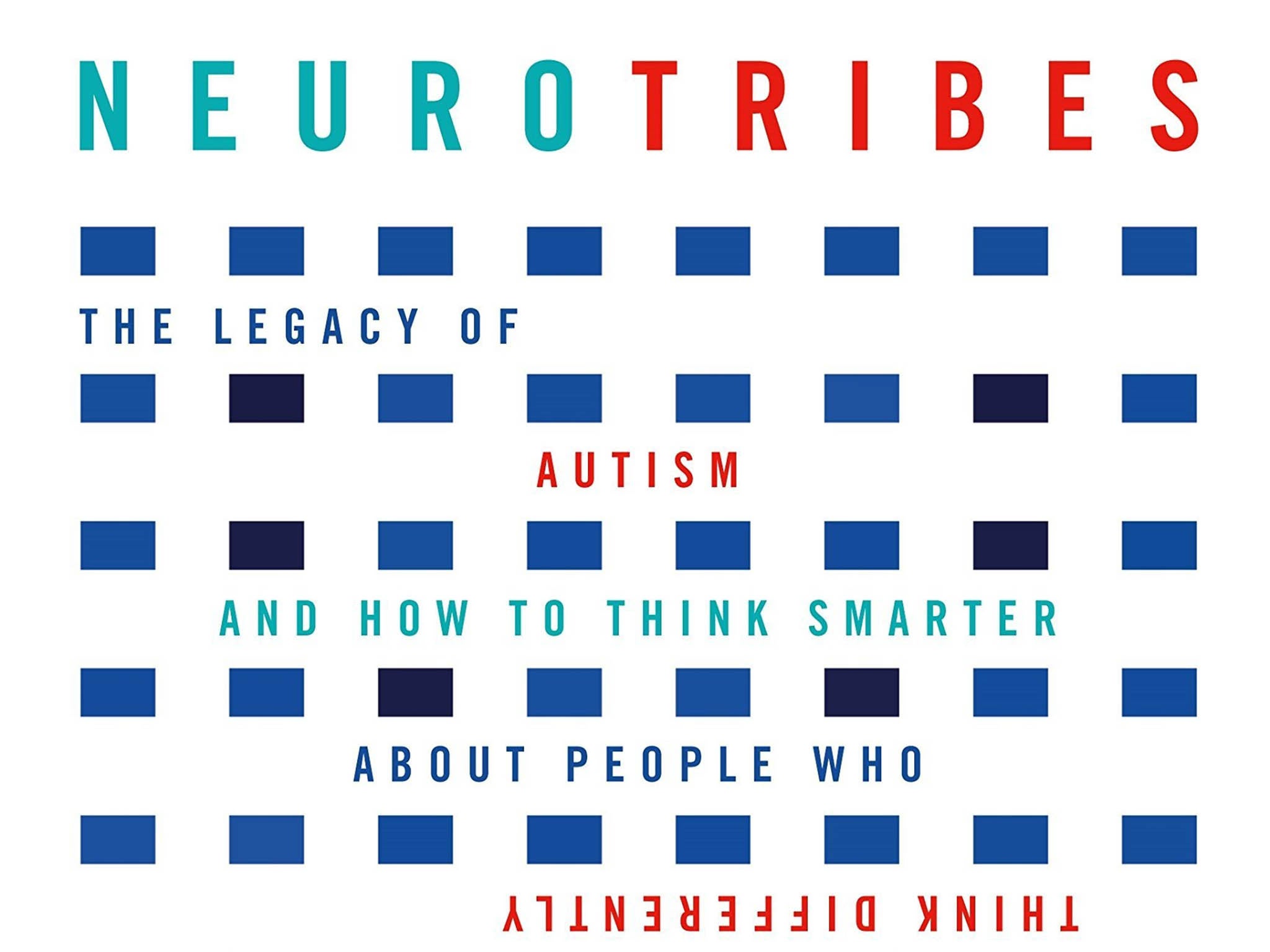Neurotribes: The Legacy of Autism and How to Think Smarter About People Who Think Differently, Steve Silberman - book review
Provides detailed life stories of the key figures who fought to bring about better understanding and public provision of services for those affected by autism

Your support helps us to tell the story
From reproductive rights to climate change to Big Tech, The Independent is on the ground when the story is developing. Whether it's investigating the financials of Elon Musk's pro-Trump PAC or producing our latest documentary, 'The A Word', which shines a light on the American women fighting for reproductive rights, we know how important it is to parse out the facts from the messaging.
At such a critical moment in US history, we need reporters on the ground. Your donation allows us to keep sending journalists to speak to both sides of the story.
The Independent is trusted by Americans across the entire political spectrum. And unlike many other quality news outlets, we choose not to lock Americans out of our reporting and analysis with paywalls. We believe quality journalism should be available to everyone, paid for by those who can afford it.
Your support makes all the difference.In 1938, a doctor named Hans Asperger gave his first public talk on a phenomenon he had noticed in some children while working at a Viennese children’s clinic. Asperger’s attention had been drawn to a number of children who did not socialise, vocalise or show affection in the expected way, but who sometimes showed aptitude for feats of memory, mathematical calculation and other highly specialised abilities. Asperger would go on to write about these children, but his paper would not be translated into English for many years, and thus he was omitted for decades from the history of the discovery of this condition.
At around the same time, a Ukrainian émigré in the United States named Leo Kanner was also working with children with similar symptoms to those seen by Asperger. One of Asperger’s colleagues from Vienna would work closely with Kanner, but Kanner would go on to take the credit for the discovery of autism.
Asperger’s paper concentrated on those children who showed other talents, but this has to be understood in the context in which he was working: the nefarious policies of Nazism included a programme for euthanising those deemed “life unworthy of life”, and thousands of individuals with what we now know as autism as well as other neurological and psychiatric conditions were murdered.
Steve Silberman’s book on the history of autism recently won the Samuel Johnson Prize, and it is easy to see why. His writing is intelligent but accessible. He provides us with detailed life stories of the key figures including those – often parents of autistic children – who fought to bring about better understanding and public provision of services for those with this often debilitating condition and their parents.
The history of the treatment of autistic individuals is a catalogue of horrors, from relegating them to barbaric institutions, use of first-generation anti-psychotic drugs with no therapeutic effect, wrongly blaming “refrigerator mothers”, and behavioural techniques, such as electric shock treatment, which would now be deemed inhumane even for use on animals. Erroneous claims have been made, such as Andrew Wakefield’s linking of the MMR vaccine to the condition, and useless treatments, such as mega multi-vitamin doses, have been touted.
This important book casts light not only on this condition but on the woeful history of treatment of people viewed as “other” in our society.
Neurotribes: The Legacy of Autism and How to Think Smarter About People Who Think Differently, By Steve Silberman. Published by Allen and Unwin, £16.99
Join our commenting forum
Join thought-provoking conversations, follow other Independent readers and see their replies
Comments